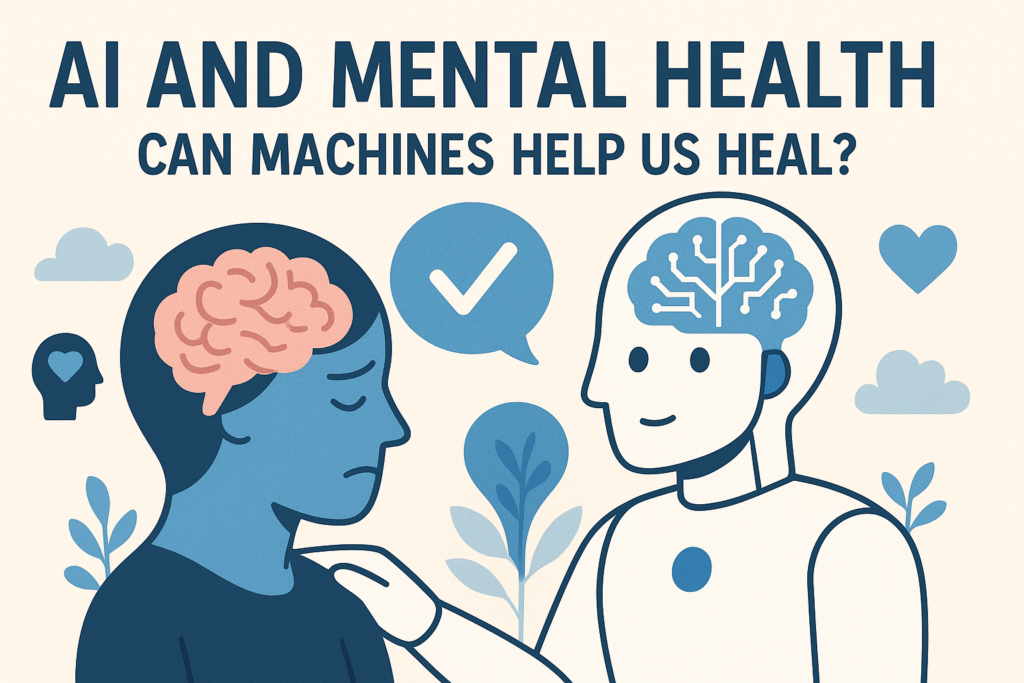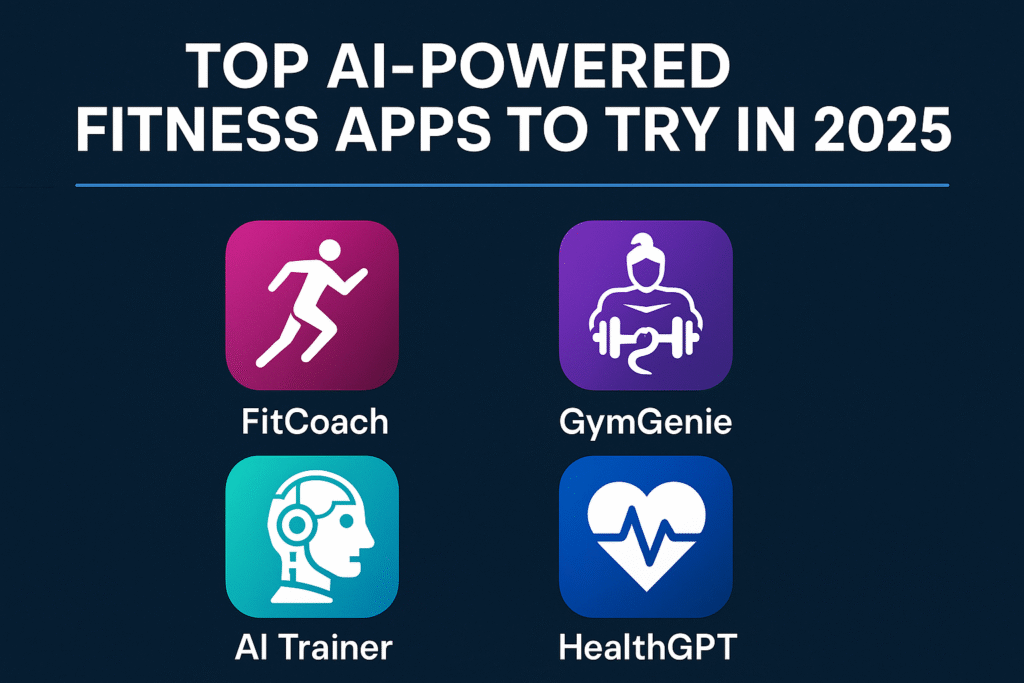🧬 Predictive Healthcare: How AI Knows You’re Sick Before You Do (2025 Edition)
Learn how predictive healthcare powered by AI can detect diseases before symptoms start. Discover tools, techniques, and real-world impact at AiBlogQuest.com.
🤖 Introduction: The AI Crystal Ball in Medicine
Imagine getting a health alert on your smartwatch before any symptoms appear—warning you about a potential heart issue or mental health episode.
Thanks to predictive healthcare, AI can now forecast illnesses days, weeks, or even months in advance using real-time data, medical history, and machine learning.
At AiBlogQuest.com, we break down how predictive AI models are revolutionizing preventive medicine and transforming early intervention into a new standard.
🧠 What Is Predictive Healthcare?
Predictive healthcare uses artificial intelligence, big data, and machine learning to:
-
Forecast disease onset
-
Anticipate flare-ups of chronic illness
-
Personalize preventive strategies
-
Identify health risks in real time
AI models analyze patterns from:
-
Wearables (e.g., Fitbit, Apple Watch)
-
EMRs (Electronic Medical Records)
-
Genomic Data
-
Lifestyle patterns
⚙️ How AI Predicts Illness Before It Happens
1. 📊 Data Collection
AI gathers data from:
-
Fitness trackers
-
Hospital records
-
Genetic tests
-
Lab results
2. 🧠 Pattern Recognition
Machine learning algorithms learn patterns of disease progression across millions of patient records.
3. 🚨 Risk Scoring & Alerts
The system assigns personalized health risk scores and may trigger real-time alerts.
Example: Elevated heart rate + poor sleep = possible cardiac risk flag.
4. 📈 Continuous Learning
As more data comes in, the AI improves its predictions, becoming smarter over time.
🚀 6 Real-World Applications of Predictive Healthcare
🫀 1. Heart Attack Prediction
AI from Cleveland Clinic and Google Health analyzes EKGs + wearable data to predict heart attacks 7 days in advance.
🧠 2. Mental Health Episodes
Platforms like Ginger.io and Mindstrong predict depressive episodes using:
-
Typing speed
-
Phone activity
-
Speech patterns
🧫 3. Sepsis Detection in Hospitals
Epic Systems and Bayesian Health AI models detect early signs of sepsis hours before lab tests confirm it, improving ICU outcomes.
🧬 4. Genetic Disease Risk Assessment
AI from 23andMe and Helix predicts predisposition to illnesses like:
-
Parkinson’s
-
Alzheimer’s
-
Breast cancer
🏥 5. Hospital Readmission Prediction
Predictive AI systems assess whether a patient will return within 30 days of discharge—helping hospitals cut costs and improve care.
👶 6. Neonatal Risk Forecasting
AI in NICUs predicts infections or complications in premature babies before symptoms emerge.
📈 Benefits of Predictive Healthcare
-
⏱️ Early diagnosis = faster treatment
-
💸 Lower healthcare costs through prevention
-
👩⚕️ More personalized medicine
-
🛡️ Improved public health & resource allocation
🔗 Useful Links
🌐 Resources
❓ FAQ – Predictive Healthcare
Q1: Is predictive healthcare accurate?
Yes, AI models can achieve 85–95% accuracy depending on the illness and data quality.
Q2: Can AI predict mental health issues?
Yes. Behavioral AI tracks smartphone usage, voice tone, and typing speed to predict mood changes and relapses.
Q3: Is my personal data safe?
Reputable platforms use HIPAA-compliant and encrypted data handling. Always check for privacy policies and user consent options.
🏁 Final Thoughts
Predictive healthcare is moving us from reactive treatments to proactive prevention. Powered by AI, it’s the medical equivalent of a crystal ball—helping doctors and patients act before it’s too late.
To stay updated on how AI is transforming health, follow AiBlogQuest.com—your trusted source for intelligent wellness.
🏷️ Tags:
Predictive Healthcare, AI in Preventive Medicine, AI Disease Forecast, AI in Wearables, Health Risk Prediction, AiBlogQuest



